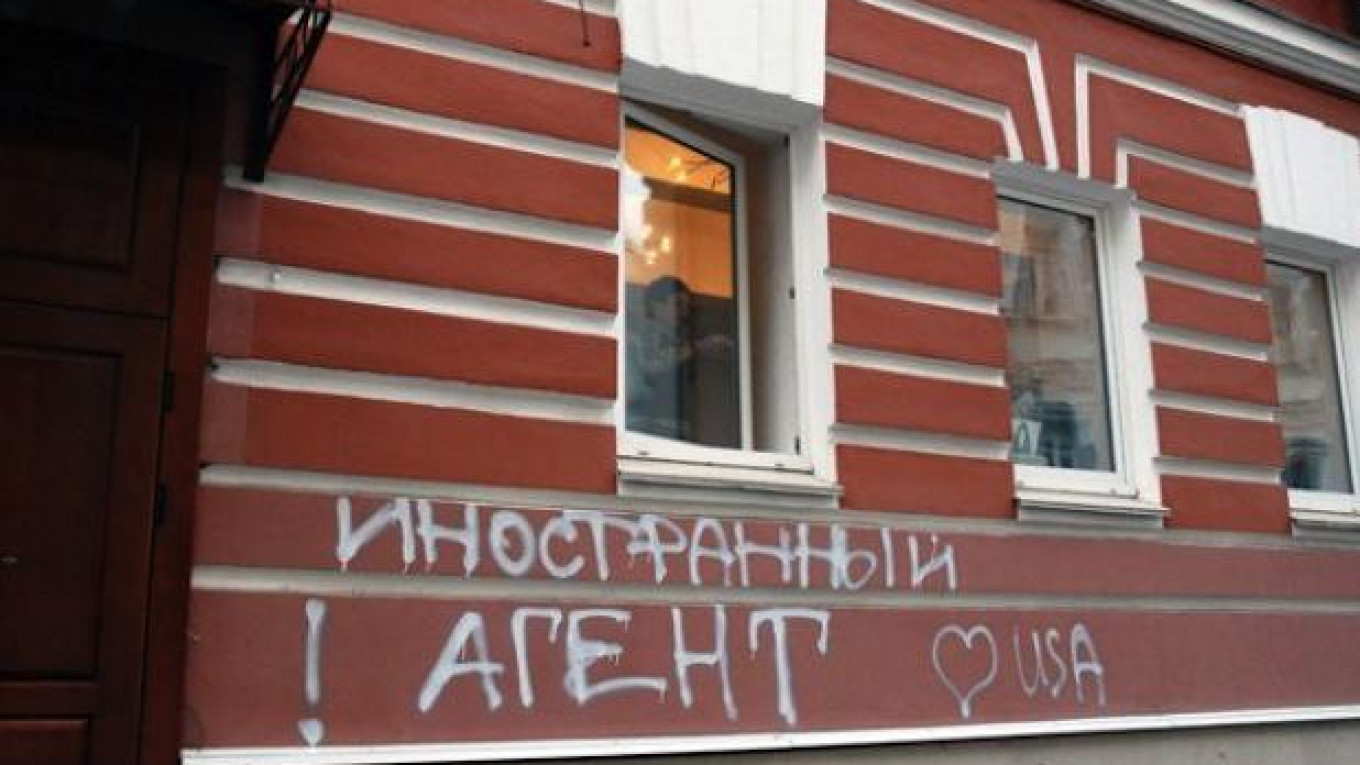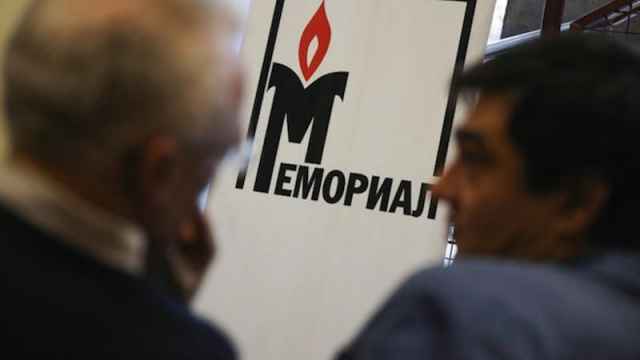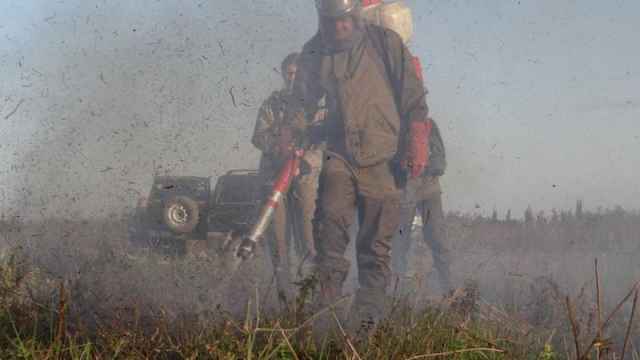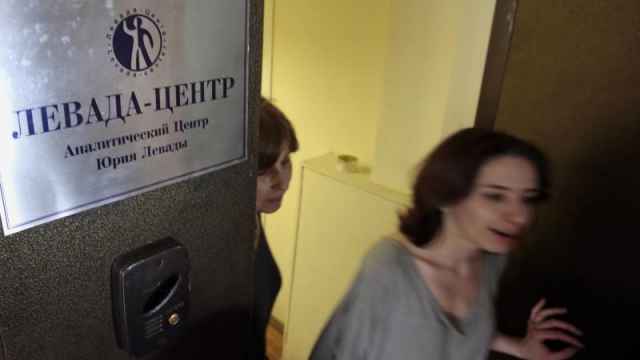First Deputy Head of the Presidential Administration Sergei Kiriyenko told members of Russia's Human Rights Council that while the controversial Foreign Agents law on NGOs cannot be repealed, it could be improved.
Kiriyenko admitted the law was problematic during a conversation with members of the council held on Dec. 6, which lasted for four hours and ended at midnight.
"It was a frank and detailed discussion. We spoke with all those who had been invited," Mikhail Fedotov, head of the council, told the RBC newspaper.
During the meeting, the participants discussed the topic of including NGOs in the register of foreign agents. Two specific examples were the human rights group Memorial and the pollster Levada Center, both recently added to the list.
"There was a very lively discussion about foreign agents," said council member Maxim Shevchenko. "Specific examples like Memorial and Levada were mentioned."
Shevchenko also recommended that there be more transparency when adding organizations to the registry of foreign agents.
According to Fedotov, the Kremlin's representative agreed with the need to implement changes in the law.
"Following the discussion, we came to the conclusion that it is necessary to explore the practical application of this law, then it becomes clear that it should be changed," Fedotov said.
Fedotov said his council would bring up this topic at an upcoming meeting with President Vladimir Putin.
A source in the Kremlin told RBC that adjustments in the law are possible. As an example of why changes are necessary, he described an environmental group writing a letter to a regional governor, requesting that the government create a nature reserve. Under the current law, this could be considered political activity, and potentially require the NGO to register as a foreign agent.
Currently, the law on Foreign Agents requires NGOs who receive funding from abroad while engaging in political activity to register as foreign agents, a label which carries certain restrictions with it. Critics argue that the definition of political activity in the law is extremely vague, and a number of organizations have appealed to the courts after being included in the registry.
A Message from The Moscow Times:
Dear readers,
We are facing unprecedented challenges. Russia's Prosecutor General's Office has designated The Moscow Times as an "undesirable" organization, criminalizing our work and putting our staff at risk of prosecution. This follows our earlier unjust labeling as a "foreign agent."
These actions are direct attempts to silence independent journalism in Russia. The authorities claim our work "discredits the decisions of the Russian leadership." We see things differently: we strive to provide accurate, unbiased reporting on Russia.
We, the journalists of The Moscow Times, refuse to be silenced. But to continue our work, we need your help.
Your support, no matter how small, makes a world of difference. If you can, please support us monthly starting from just $2. It's quick to set up, and every contribution makes a significant impact.
By supporting The Moscow Times, you're defending open, independent journalism in the face of repression. Thank you for standing with us.
Remind me later.






